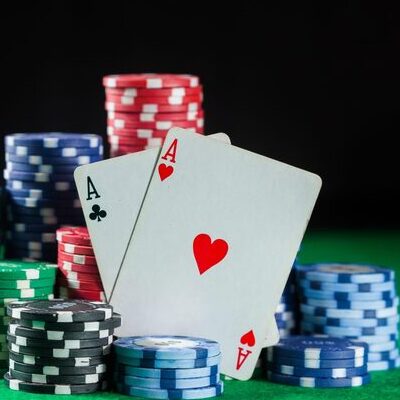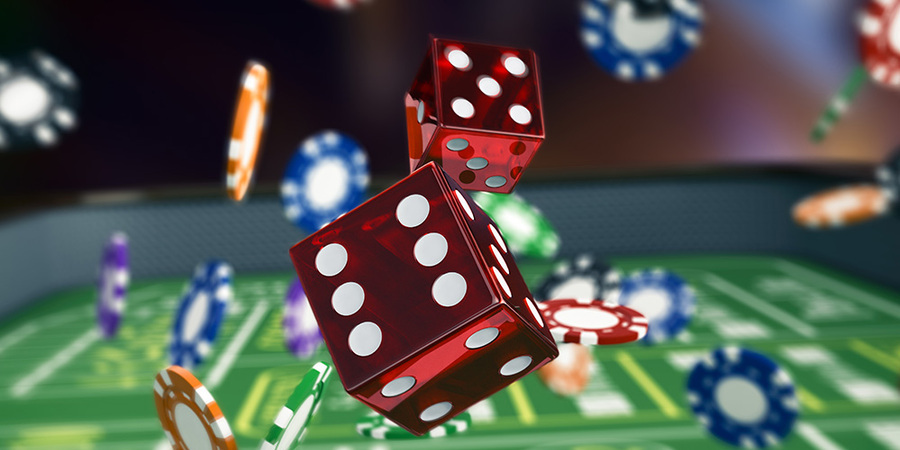
Hack the House: Probability Theory in Science vs. Casino
In the bustling world of casinos, players often face the eternal question: Can one outsmart the house? By combining the power of science, particularly probability theory, with strategic gameplay, some remarkable individuals have succeeded in tipping the odds in their favor. Storspelare Casino, a leading platform for online gambling, brings to light the fascinating narratives of such players and underscores the intersection between science and gambling.
Edward Thorpe
When you think about hacking probability in the world of casinos, the first name that comes to mind is Edward Thorpe. This mathematics professor used his knowledge of probability theory and statistics to gain an advantage over the casino, particularly in the game of Blackjack. Thorpe devised the method of card counting, a strategy to predict upcoming cards based on those already dealt, ultimately writing the renowned book “Beat the Dealer.” His scientific approach to gambling revolutionized the way many play Blackjack and is a testament to the potential of applying science in casino gaming.
Gonzalo Garcia Pelayo
Then comes Gonzalo Garcia Pelayo, who successfully tipped the roulette wheel odds in his favor. Pelayo believed in the imperfection of roulette wheels. He hypothesized that no two wheels were the same and that slight differences could influence the outcome. Using a computer to track thousands of spins, he applied probability theory to identify biased wheels, ones that favored specific numbers. His strategy led to significant winnings and validated his theory, revealing the fascinating interplay between science and casinos.
Tommy Glenn Carmichael
Tommy Glenn Carmichael is a different sort of character in this narrative. Rather than using science in the form of probability theory or mathematics, Carmichael leveraged his understanding of the mechanics of slot machines. He invented multiple cheating devices, with his most famous one being the “monkey paw.” Although his methods were illegal, Carmichael’s knack for exploiting mechanical flaws illuminates another dimension of the relationship between science and casinos.

Stu Unger
One of the greatest poker players of all time, Stu Unger, employed a profound understanding of probability to dominate his opponents. With an exceptional ability to calculate odds swiftly and accurately, Unger was known for making statistically favorable decisions on the fly. His strategic acumen, combined with his understanding of human psychology, allowed him to masterfully navigate the poker table. Unger’s legacy reminds us of the potential rewards of applying science to casino gaming, particularly in games that combine chance with skill.
Jay Doin Farmer and Richard Mueller
Lastly, we have the intriguing duo of Jay Doin Farmer and Richard Mueller. They devised an ingenious method to predict slot machine patterns by reverse-engineering the random number generator (RNG) used in these machines. Although their activities straddled the legal line, the approach was a remarkable application of computer science and probability theory.
Conclusion
The casino, a place of luck and chance, might seem immune to scientific influence. However, individuals like Edward Thorpe, Gonzalo Garcia Pelayo, Tommy Glenn Carmichael, Stu Unger, and the duo of Jay Doin Farmer and Richard Mueller prove otherwise. They have shown that by applying scientific principles and leveraging probability theory, one can uncover trends, predict outcomes, and potentially “hack” the system. While Storspelare Online Casino encourages responsible and fair play, these narratives serve as fascinating examples of the interplay between science and gambling, forever intertwined in the quest for mastering the odds.
